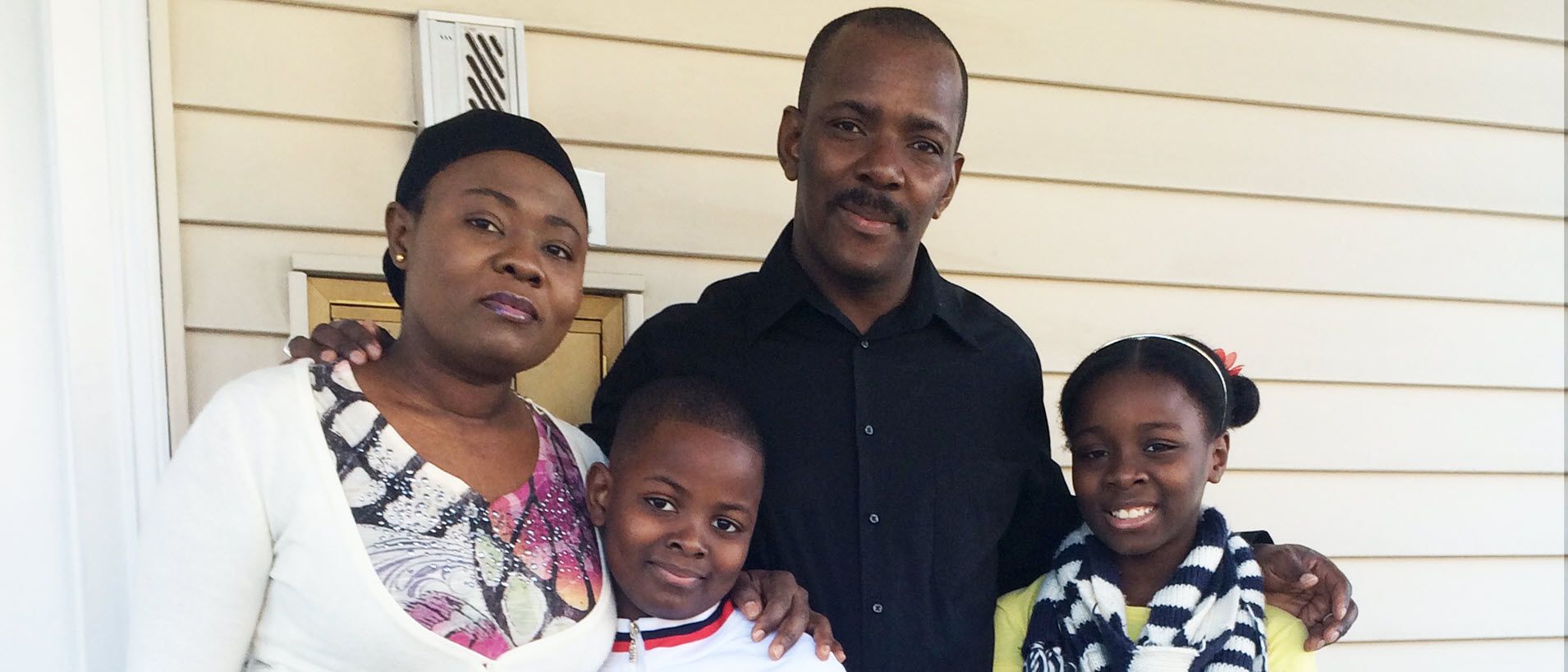Just in Time for Father’s Day!
Father’s Day is fast approaching, and we wanted to take the time to highlight the Nurturing Fathers Program that we’ve been running over the past 10 weeks. Our goal is to provide support in a peer group setting to fathers, who are often underappreciated. Oftentimes, boys receive mixed messaging about what fatherhood entails. Take, for instance, the portrayal of mothers vs. fathers in sitcoms and television; most often, mothers are celebrated and credited for raising the children. Even when we look at our own culture: during Mother’s Day women are given roses at restaurants and offered respite from their copious responsibilities through pampering and gift-giving. During the weeks leading up to Father’s Day, advertisements highlight power tools and outdoor essentials like grills and lawn mowers. Rather than giving fathers a day of celebration and relaxation, the atmosphere around Father’s Day is to do more work: mow the lawn and grill up some ‘dogs and burgers for the family.
The Nurturing Fathers Program offers a safe space for men to open up, support each other, and get a better perspective on fatherhood. Our own Raychelle, Case Manager, and Marc, Residential Manager at our Cambridge congregates, have been facilitating this program over the past few months and built a strong relationship with the men who’ve been attending. We encourage all fathers to attend, to go on this journey and explore their own childhood, how they were raised, and discover the role that fathers play in their children’s lives. Marc says the program is designed to teach parenting and nurturing skills. He says, “It is also a way for the men in our program to network and to know that they are not alone.”
“The group can be very emotional at times, especially when they have to go back and think about their past. All of the attendees love the group and ask why we didn’t start sooner! We ask each individual to share information about their past and present at their own comfort level, but often because it is all men they feel safe and open to share. We always end with a group hug,” Marc explains.
Raychelle adds, “Nurturing Fathers isn’t a group that teaches fathers how to be nurturing; they already come with that innately. Nurturing Fathers tends to further along their nurturing process. Through the program, our dads have the freedom to hone in and identify crucial aspects of fatherhood that may be intimately challenging, and process them as a cohesive group that supports one another. Nurturing Fathers is a way for dads to share ideas and concerns as well as stories of triumph and success.”
Every week, fathers are encouraged to bring their children along with them. While the fathers participate in the program, their children have the opportunity to enjoy therapeutic play with staff and interns. Living in shelter can be harrowing and we want to provide everyone with the opportunity to learn and grow while also preparing them for the rigors of life after shelter. Groups like the Nurturing Fathers Program provide one more level of support from peers. Meeting every week helps create more stability and security.
At the end of this 13-week series, the fathers will participate in a graduation celebration with a guest speaker from the Department of Community and Housing Development. Friends and family will be invited to join the celebration. As Father’s Day approaches, be sure to celebrate fathers and father-figures, and appreciate the impact they’ve made on your life.










